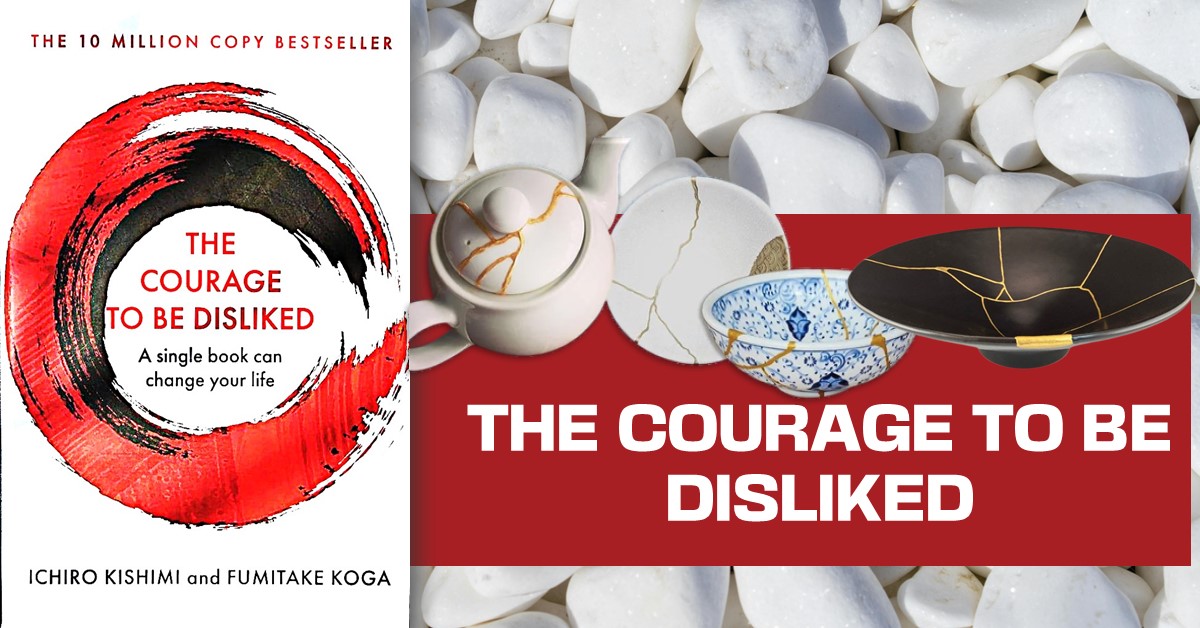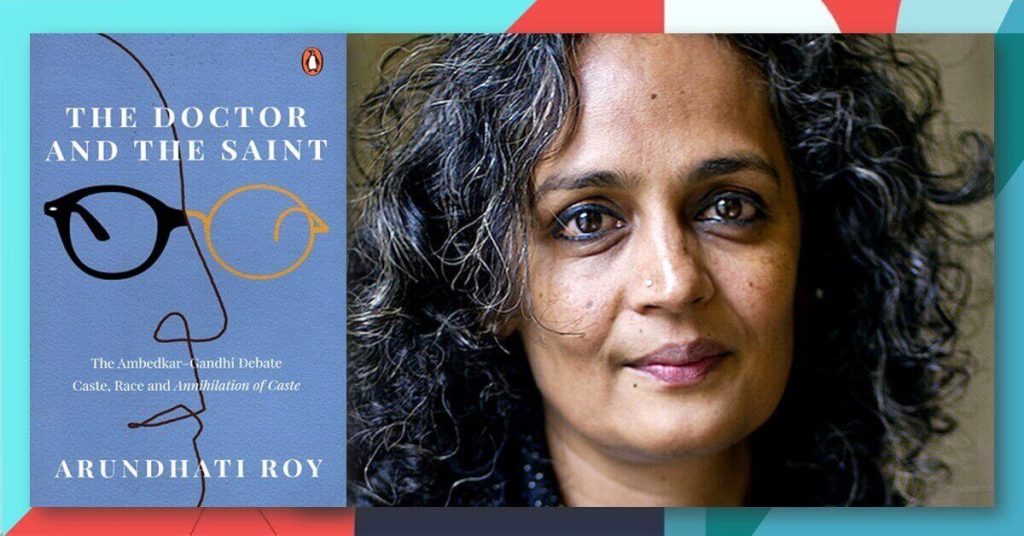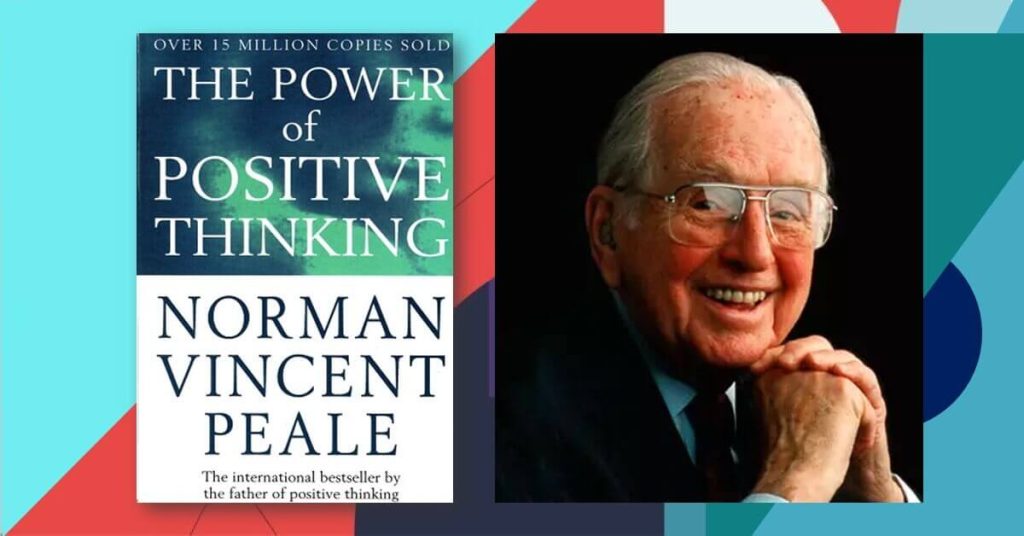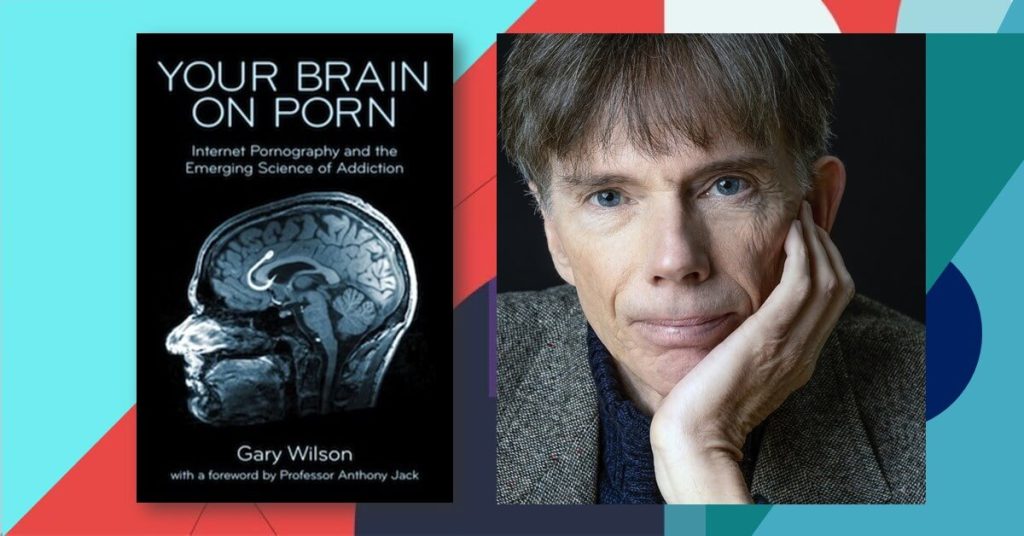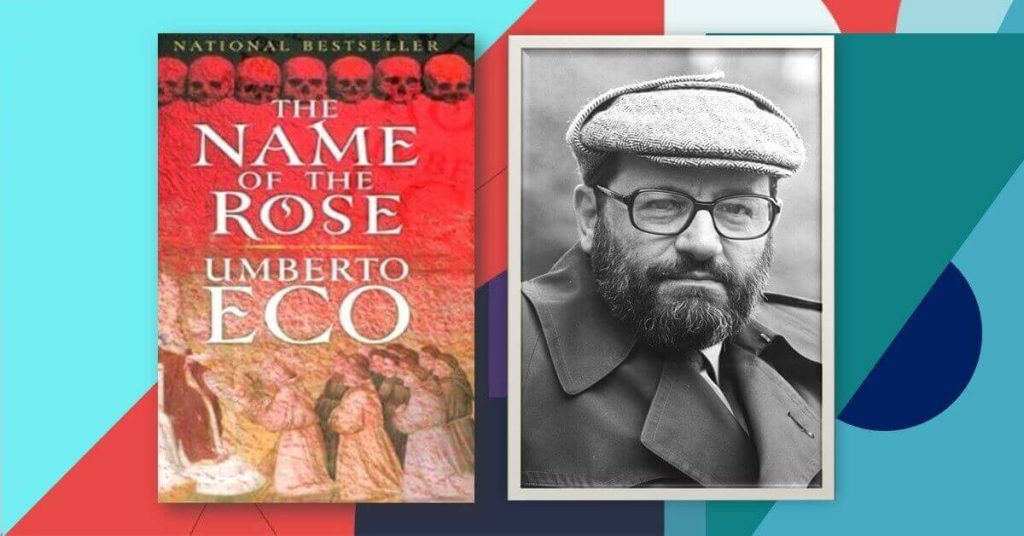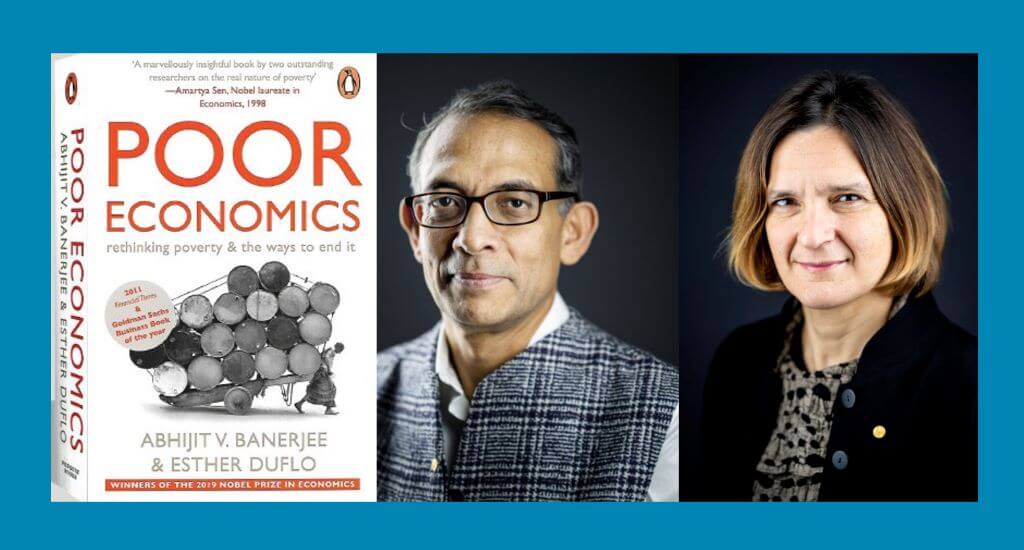The transformative power of The Courage to Be Disliked lies in its profound exploration of human freedom, happiness, and self-acceptance, offering readers a rare invitation to redefine their lives. Drawing deeply from the teachings of Alfred Adler’s individual psychology, The Courage to Be Disliked boldly asserts that happiness is not a product of circumstance but a courageous choice made in the here and now.
This dialogue between a philosopher and a skeptic reveals how relinquishing the shackles of past traumas and societal expectations can unlock a life of simplicity and fulfillment. As its insights challenge conventional beliefs, The Courage to Be Disliked becomes a guide for anyone ready to embrace the audacious possibility of change and genuine joy in a world often seen as overwhelmingly complex.
Background
How often do we feel trapped by the expectations of others, tethered by past experiences, or overwhelmed by the pursuit of perfection? These universal struggles form the foundation of The Courage to Be Disliked, a groundbreaking book by Ichiro Kishimi, the Japanese philosopher and psychologist and Fumitake Koga.
By weaving Adlerian psychology, a theory of personality and therapy developed by Alfred Adler, into a profound and accessible dialogue, the authors offer readers a path to authentic happiness.
This article delves into the book’s transformative insights, exploring how courage, freedom, and self-acceptance can empower us to rewrite our narratives and reclaim our lives.
Life, for many of us, is a labyrinth of expectations, regrets, and fears—a tangled web that often feels impossible to escape. Yet, in their profound book, The Courage to Be Disliked, authors Ichiro Kishimi and Fumitake Koga offer a revolutionary perspective grounded in Adlerian psychology.
They invite us to embrace freedom, simplicity, and the courage to live authentically. The dialogue between a philosopher and a young skeptic frames this transformative philosophy, challenging us to confront our deepest insecurities and redefine happiness.
The excerpt of the dialogue
The dialogue in The Courage to Be Disliked unfolds as a philosophical conversation between an experienced philosopher and a skeptical young man.
This narrative format borrows from the classical Greek tradition, where dialogue serves as a medium to explore profound truths about human nature, freedom, and happiness. The text primarily introduces and elaborates upon Adlerian psychology, challenging traditional notions of determinism and trauma.
Simplicity of Life
The philosopher asserts that life is inherently simple, a claim that the young skeptic finds absurd. Through vivid metaphors, such as the subjective experience of well water feeling warm in winter and cool in summer, the philosopher highlights the role of personal perception in shaping reality. This sets the stage for a discussion on how individual interpretation, rather than objective circumstances, determines one’s experience of the world.
“Your life is not something that someone gives you, but something you choose yourself, and you are the one who decides how you live.”
Subjectivity and Personal Perspective
Through examples, the philosopher illustrates that the world as experienced is shaped by the meanings individuals assign to events rather than objective reality. This aligns with Adler’s emphasis on subjective perception in shaping personal experiences.
“None of us live in an objective world, but instead in a subjective world that we ourselves have given meaning to. The world you see is different from the one I see, and it’s impossible to share your world with anyone else.”
Human Agency
A critical tenet of Adlerian psychology presented in the dialogue is that individuals are not bound by their past. Contrary to Freudian determinism, which posits that childhood experiences and trauma dictate adult behavior, the philosopher argues that individuals choose their present paths and goals.
This concept of “teleology” shifts the focus from past causation to current objectives, promoting the idea that change is always possible.
Teleology Over Aetiology
The dialogue introduces the concept of teleology, suggesting that individuals act based on goals rather than being driven solely by past causes. This idea positions individuals as active agents in their lives, rather than passive products of their histories.
Rejection of Determinism
A pivotal argument is Adler’s rejection of trauma as a determinant of one’s present or future. The philosopher states, “We are not determined by our experiences, but the meaning we give them is self-determining.” This challenges the skeptic to rethink his perspective on causality.
“We are not determined by our experiences, but the meaning we give them is self-determining.”
The Courage to Change
The dialogue emphasizes the necessity of courage in effecting personal transformation. The philosopher challenges the young skeptic’s belief that his unhappiness is unavoidable, suggesting instead that people often choose unhappiness out of fear of the unknown.
The philosopher posits that happiness requires embracing uncertainty and actively choosing a new lifestyle.
The conversation culminates in emphasizing the necessity of courage—particularly the “courage to be happy.” The philosopher argues that people often avoid change due to fear of the unknown or failure, thus perpetuating their unhappiness.
“Of course, people can change. They can also find happiness. No exceptions whatsoever. No matter what has occurred in your life up to this point, it should have no bearing at all on how you live from now on.”
The Philosophical Undertone
The dialogue format, reminiscent of Socratic methods, allows for an exploration of Adlerian principles in a conversational and accessible manner. It highlights the tension between the desire for change and the comfort of familiarity, encouraging introspection and proactive self-improvement.
This narrative serves as both an introduction to Adlerian psychology and a motivational guide, making profound concepts relatable through the dynamic interplay of ideas between the two characters.
“Your unhappiness cannot be blamed on your past or your environment. And it isn’t that you lack competence. You just lack courage—the courage to be happy.”
Impact and Contemporary Relevance
By blending classical dialogue with modern psychological insights, the text offers readers practical tools to confront their fears, change their perspectives, and take ownership of their happiness.
Its conversational tone makes complex philosophical ideas accessible, fostering a deeper engagement with the principles of Adlerian psychology.
This analysis underscores the transformative potential of the dialogue, revealing how it bridges philosophy and psychology to address timeless questions about the human condition.
Trauma Does Not Define You
One of the book’s boldest assertions is that trauma does not exist—or, more precisely, that it does not define who we are.
Adlerian psychology rejects the Freudian notion that our past dictates our present. Instead, it suggests that our current behavior is shaped by the goals we set for ourselves, often unconsciously. As the philosopher in the book puts it, “We are not determined by our experiences, but the meaning we give them is self-determining.”
This idea initially unsettled me. Like many, I’ve clung to past hurts as explanations for my limitations. Yet, upon reflection, I saw the wisdom in this approach. I’ve often attributed my reluctance to take risks to childhood failures, but was I simply using those experiences as an excuse?
If our past is but a narrative we craft, then we have the power to rewrite it.
It was a revelation to realize that rewriting the narrative isn’t about denial but about perspective. By acknowledging the past without letting it dictate the future, I began to see opportunities where there had been walls. This shift allowed me to step into challenges with newfound resilience, proving that the story we tell ourselves holds immense power.
The Liberation of “Tasks”
Adler’s principle of task separation is another cornerstone of this philosophy.
The authors argue that many interpersonal conflicts arise because we overstep boundaries, involving ourselves in “tasks” that are not ours. They advocate for discerning what belongs to us and what belongs to others, freeing ourselves from the burden of seeking approval.
“Do not live to satisfy the expectations of others,” the philosopher advises. This resonated deeply with me. I’ve spent years bending to societal and familial pressures, conflating their approval with my self-worth. The book’s framework empowered me to question: Whose life am I truly living? By focusing solely on my tasks, I began to experience a lightness I hadn’t known before.
The Courage to Be Happy
At the heart of the book is the idea that happiness is a choice—a radical departure from the belief that it is a result of circumstances. The philosopher declares, “Your unhappiness cannot be blamed on your past or your environment. And it isn’t that you lack competence. You just lack courage.”
This statement is as empowering as it is confronting. To claim that unhappiness is a choice forces us to examine the excuses we create to remain stagnant. I recalled times when I’d avoided challenges, convincing myself that success was out of reach.
Was it fear of failure, or was it a fear of shedding the comfort of familiar dissatisfaction?
The Psychology of Contribution
The book emphasizes the importance of contribution to the community as a path to fulfillment. Adlerian psychology views life’s meaning as rooted in interpersonal relationships and a sense of belonging. “The goal of interpersonal relationships is a feeling of community,” the philosopher asserts.
Reflecting on this, I realized that some of my most fulfilling moments came from acts of service—mentoring a colleague, volunteering, or simply lending an empathetic ear. These experiences, though small, bridged the gap between isolation and connection.
The authors encourage us to seek value in contribution rather than validation, a shift that can transform how we engage with the world.
Accepting Imperfection
Another pivotal lesson is the courage to be “normal.” In a world obsessed with exceptionalism, the book challenges us to embrace our ordinariness. “You don’t need to be special,” the philosopher insists. “It’s enough to be who you are.”
This lesson encourages a radical self-acceptance that goes against societal norms that glorify extraordinary achievements. By embracing the idea that being “normal” is not a flaw but a strength, we free ourselves from the relentless pressure to stand out.
The philosopher elaborates that striving for perfection often leads to feelings of inadequacy and self-rejection.
This perspective resonates with the wisdom shared in Brené Brown’s The Gifts of Imperfection, where she states, “Authenticity is the daily practice of letting go of who we think we’re supposed to be and embracing who we are.” This call to self-acceptance aligns with Adler’s philosophy of finding peace in simplicity.
Brown’s work emphasizes that self-compassion and embracing imperfections are crucial to a fulfilling life, as discussed in more detail here:
Similarly, Viktor Frankl’s Man’s Search for Meaning reminds us that, even in the harshest circumstances, we can find meaning in embracing the present and accepting our inherent worth.
Frankl writes, “When we are no longer able to change a situation, we are challenged to change ourselves.” This profound truth underscores the importance of shifting focus from external validation to internal growth, as explored here: Man’s Search for Meaning.
Recognizing that life’s beauty lies in its simplicity allows us to find peace and contentment in the everyday. This perspective reminded me of a time when I constantly sought validation through accolades, only to feel hollow once achieved. The book’s wisdom helped me see that authenticity, rather than acclaim, is what fosters true fulfillment.
For someone who has long grappled with imposter syndrome, this was revelatory. The relentless pursuit of perfection had often left me paralyzed, fearing judgment.
By accepting my flaws and embracing my humanity, I began to appreciate life’s moments more fully. As the book beautifully suggests, “Life is a series of moments. Live like you’re dancing.”
The Power of Here and Now
Perhaps the most liberating idea is that life unfolds in the present. The philosopher’s declaration—“Your life is decided here and now”—struck a chord. It reminded me of the times I’ve postponed joy, waiting for a “perfect” future that never arrives.
By anchoring ourselves in the present, we reclaim agency over our lives. This concept echoes Adler’s broader philosophy that the past and future are illusions; all we ever truly possess is the here and now. The book illustrates this with a striking metaphor: living in the present is akin to dancing, where each moment is complete in itself and does not exist to achieve a future result.
Reflecting on this, I recalled instances when overthinking future outcomes kept me paralyzed, robbing me of the richness of the present. By shifting focus to the now, I found a sense of freedom—a permission to savor life’s fleeting moments without unnecessary worry or regret.
In Outliers by Malcolm Gladwell, the concept of individual success is explored through the lens of context, opportunity, and cultural influences, offering a complementary perspective to the dialogue in The Courage to Be Disliked.
While the philosopher in the latter emphasizes the individual’s role in shaping their subjective world and choosing their lifestyle, Gladwell highlights how external factors such as upbringing, societal norms, and chance play pivotal roles in determining outcomes.
For instance, Gladwell’s “10,000-hour rule” underscores the necessity of consistent practice and effort, but it also reveals how access to opportunities significantly impacts one’s ability to succeed. This interplay of internal agency, as discussed in The Courage to Be Disliked, and external circumstance, as presented in Outliers, provides a holistic view of personal development.
Together, they challenge readers to consider how both mindset and context shape our paths, encouraging a balance of self-determination and awareness of situational influences.
A Personal Reflection
Reading The Courage to Be Disliked was not merely an intellectual exercise; it was a mirror reflecting my deepest fears and aspirations.
The dialogue’s conversational tone made complex ideas accessible, while the stark truths compelled introspection. It’s a book that doesn’t coddle; instead, it challenges us to confront our complicity in our unhappiness.
In embracing the courage to be disliked, I found the courage to like myself. The journey is ongoing, but the liberation is undeniable.
To anyone seeking clarity, freedom, or simply a new lens through which to view life, this book is an invaluable guide. It teaches us that happiness is not a gift bestowed by the world but a choice we make—here and now.
